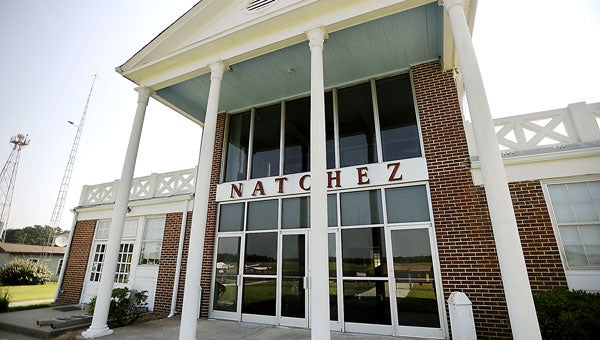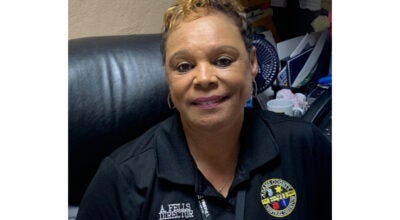Chance to discuss potential tax increase from school district set for Thursday
Published 12:04 am Wednesday, July 4, 2012
NATCHEZ — Thursday provides the public a chance speak out on a potential tax increase proposed by the Natchez-Adams School District.
At a 4 p.m. public hearing at the Braden Administrative Building, the NASD business manager will go through the district’s 18-page budget before attendees are allotted a few minutes each to ask questions or give comment.
“(I) encourage people to come to the hearing,” Board President Wayne Barnett said when he announced the hearing at a recent board meeting.
The proposed budget for the new fiscal year includes a $565,083 increase in the amount of local taxes the schools would get. However, the proposed overall budget, which includes federal and state tax dollars, is $2 million less than last year’s budget.
According the Mississippi Adequate Education Program — a Mississippi Department of Education program that calculates how much state funding local districts should receive — the state under-funded NASD by $1.9 million for the fiscal year 2012-2013, the NASD budget report says. That’s the most the state has underfunded the district in eight years.
The district’s current budget is $41,885,872. The proposed budget for the new fiscal year is $39,882,109.
In the current overall budget, 26.55 percent, or $11,121,570, is paid for with local ad valorem taxes.
For the next fiscal year, the district proposes that 29.3 percent, or $11,686,653, would be paid for with local taxes.
In the past two years, the Natchez-Adams School Board has sent the budget back to the administration with directions to cut it further following a public hearing on the budget.
According to a proposed budget given to school board members last month, the district plans to spend 54 percent of its overall budget on instruction services for teachers of any kind, 37 percent on support services for guidance counselors, nurses, curriculum, training, maintenance and administrators and 6 percent on non-instructional services for food and community services and parental involvement.
“This is an opportunity for the public (to speak),” Barnett said.





